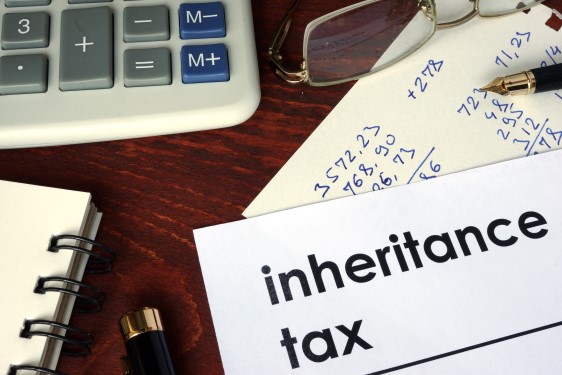
Following the news that thousands of more people are expected to pay the standard 40% inheritance tax this year because of the effects of the pandemic, we explore some of the ways to navigate the complexities of inheritance tax.
The complex laws around inheritance tax (IHT) caught many people off guard during the Covid-19 pandemic.
Along with the often-sudden loss of a loved one came the issues arising from IHT on gifts passed down to children and grandchildren. This tax year marks the latest in a series where the number of
people being charged IHT on gifts has increased.
Since 2009, beneficiaries have paid 40% IHT on estates worth more than £325,000.
There are ways to avoid passing on a large IHT bill to your family, whether it’s through gifting or charitable donations:
Setting up a trust to transfer some of your estates into for the benefit of your grandchildren is another way to reduce the IHT liability on your assets. However, the trustees could still encounter some income or capital gains tax.
While it may not be the most obvious choice, setting up a pension for your children or grandchildren could be a tax-efficient option. The fund will transfer to them when they turn 18 but they won’t be able to access the money until they’re much older.
As with anything tax-related, the rules are especially complex when it comes to where your inheritance goes and how much your beneficiaries will end up receiving. That’s why it’s so important to
speak with your financial adviser to review all your options and find the most efficient ways to pass on your wealth.
Following the Budget in March 2021, it was announced that thresholds will remain the same for IHT until 2026:
Our team of financial experts can help you with your financial queries from financial protection to finding an investment deal. We can also give independent no-obligation advice on personal pensions and more – get in touch today or email [email protected] – we’re here to help.
HM Revenue and Customs practice and the law relating to taxation are complex and subject to individual circumstances and changes that cannot be foreseen.
Source: Openworks
How to make the most of your lockdown savings